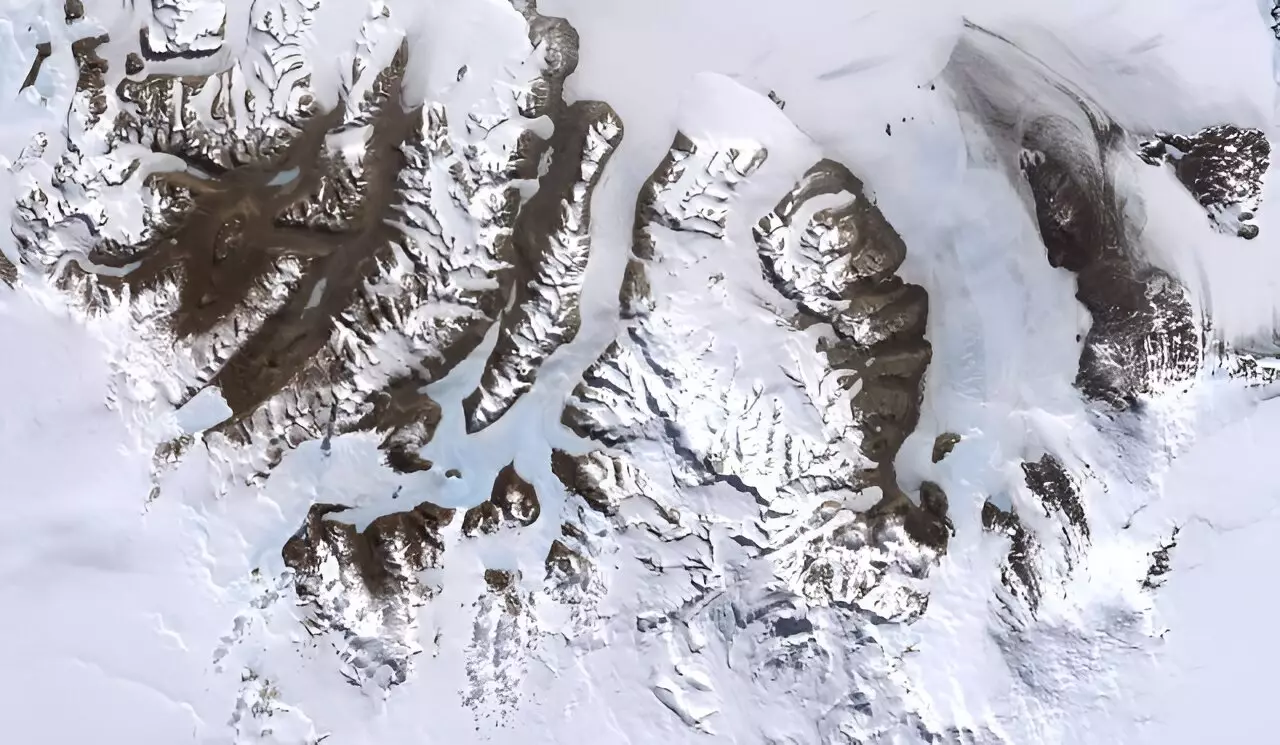The McMurdo Dry Valleys of Antarctica are as desolate as their name suggests. With towering mountains acting as a barrier to melting glacier water and extremely low humidity levels, this region is known to be one of the driest places on Earth. In fact, there was no record of rain in the valleys from the 1960s up until the early 2020s. However, an unexpected weather anomaly in March 2022 shocked researchers studying this unique ecosystem.
The Impact of Extreme Weather on Invertebrate Organisms
On March 18, 2022, an unusual event occurred in the McMurdo Dry Valleys. A subtropical air current swept over Antarctica, causing temperatures to skyrocket to more than 70°F above the average. This abrupt heat wave had devastating consequences for the invertebrate organisms living in the valleys. These creatures, which rely on remaining in an “inactive freeze-dried state” during the harsh winter months, experienced record-high death rates following the extreme weather shift.
Anticipating Future Climate Changes
Professor J.E. “Jeb” Barrett and his team from Virginia Tech published their findings in the American Geophysical Union journal Earth’s Future, emphasizing the importance of studying the impact of such weather anomalies to predict future climate changes. The unprecedented event in March 2022 serves as a warning sign for the potential challenges that ecosystems and inhabitants of Antarctica may face in the coming years due to climate change.
One of the key methods employed by the researchers was the use of multispectral satellite images to assess the aftermath of the temperature spike on March 18. By examining images taken before and after the event, the team was able to identify areas of the valleys that had experienced a rapid thaw. This innovative approach provided valuable insights into the extent of damage caused by the sudden heat wave.
In December 2022, researchers collected soil samples from various areas within the McMurdo Dry Valleys to assess the impact of the weather event on the invertebrate population. Shockingly, they discovered a mortality rate of over 50% in locations that had been affected by the March 2022 thaw. This level of loss had only been observed in experimental studies involving extreme freeze-thaw treatments, underscoring the severity of the event.
Implications for Climate Change Adaptation
Professor Barrett emphasized the significance of these findings in the context of climate change, drawing parallels to the unpredictable weather patterns observed in other regions such as Southwest Virginia. The ability of the environment to change rapidly, as demonstrated by the events in Antarctica, serves as a stark reminder of the urgent need for proactive measures to mitigate the impact of climate change on vulnerable ecosystems worldwide.
The unprecedented weather event that unfolded in the McMurdo Dry Valleys of Antarctica in March 2022 serves as a wakeup call for researchers and policymakers alike. By understanding the complex interactions between extreme weather events and fragile ecosystems, we can better prepare for the challenges posed by climate change and work towards sustainable solutions to protect our planet’s biodiversity.


Leave a Reply